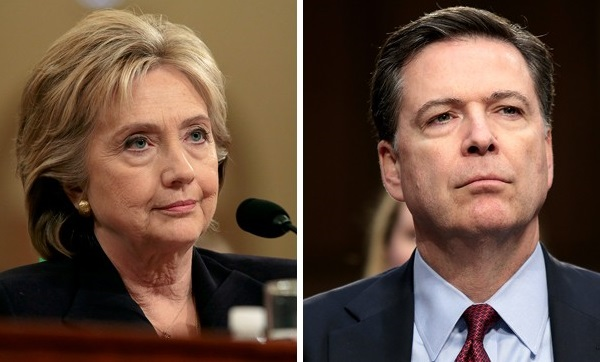Dale Franks, Vote Properly, You Virulent Racist!:
But let’s go even further. Even if you could prove that, on balance, free trade is an unquestionable economic benefit, people might still prefer to be measurably poorer if that’s the price that must be paid to maintain their traditional social and political cultures. (This has even more relevance in the case of the EU, because the EU actually has power. Imagine if NAFTA had an unelected Commission in Ottowa or Mexico City that could impose laws on the United States.) Perhaps people don’t regard their economic interests as important as their national or cultural interests. It doesn’t matter what elite opinion thinks the people’s most important interests are. In a democratic society, ultimately, it only matters what the people think they are. People get to determine their own priorities, and not have them dictated by elites. The people get to answer for themselves the question, “In what kind of country do I want to live?”
Of course, I would argue that we don’t have truly free trade or, increasingly, a free economy in the United States. The Progressives always look at the rising income inequality and maintain that it’s the inevitable result of capitalism. That’s hogwash, of course, and Proggies believe it because they’re dolts. But the problem in this country isn’t free trade—we have precious little of it—or unrestricted capitalism, since we have precious little of that as well. The issue behind rising income inequality isn’t capitalism, it’s cronyism. Income isn’t being redirected to the 1% because capitalism has failed, it’s happening because we abandoned capitalism in favor of the regulatory crony state and its de facto collusion between big business/banking interests and a government that directs capital to favored political clients, who become “too big to fail”. It doesn’t matter, for instance, whether the president is a Democrat or Republican, because we know the Treasury Secretary will be a former—and future—Goldman Sachs executive.
Franks’s post is very well thought through and ties together the main themes that appear to be driving US, British and European politics. It’s worth reading in full if you haven’t yet done so.

